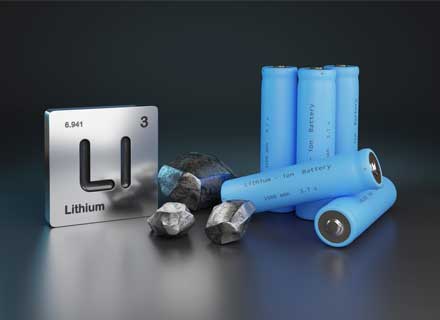A global coalition of energy producers, consumers, and financial institutions has now warned that unless investment is increased, the global energy transition and the resultant rapid demand growth could result in a shortage of certain metals in the following ten years.
The Energy Transitions Commission (ETC) warned in research that significant supply gaps for lithium, nickel, graphite, cobalt, neodymium, and copper might push up costs and push back the deadline for achieving net-zero emissions by 2050.
The ETC stated that in order to lower the risk of a shortage, mines must produce more. However, since large-scale mining projects can take up to 20 years to complete, little has been invested in exploration and output over the past ten years.
“In some key minerals – particularly lithium and copper – it will be challenging to scale up supply fast enough over the next decade to keep pace with rapidly rising demand,” ETC Chair Adair Turner said in the report.
According to the ETC, over the past two decades, energy transition metals have received an average annual capital expenditure of USD 45 billion, as opposed to the USD 70 billion needed annually to increase supply by 2030.
“Governments, regulators, producers and consumers must work together to increase recycling, improve material efficiency, invest in new mining, and regulate environmental and social standards,” Adair Turner said.
The commission estimates that between 2022 and 2050, the production of up to 6.5 billion tonnes of materials will be necessary for the energy transition, with 95% of that production being made up of steel, copper, and aluminium.
The estimate assumes that sustainable energy technologies will be aggressively deployed to achieve global decarbonization, and that recycling and the amount of material required will follow current trends.
However, if investors are successful in accelerating technological, efficient, and clean energy material recycling advancements, the overall demand for new supplies from mines would eventually decline by 20% to 60%.

